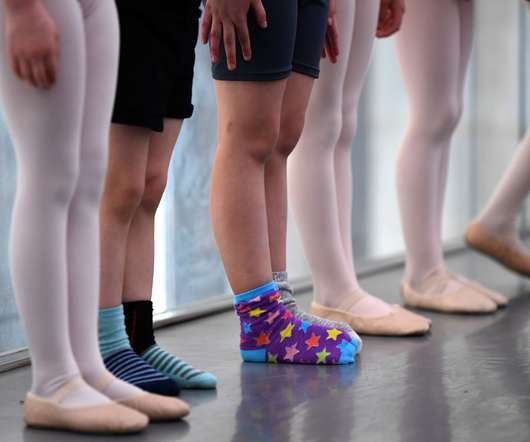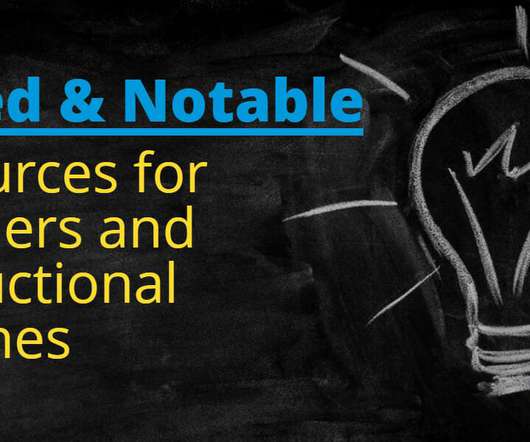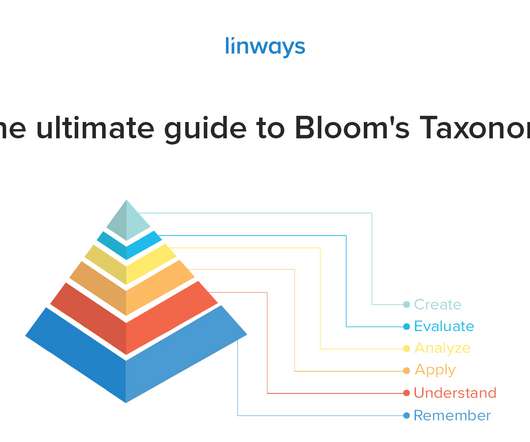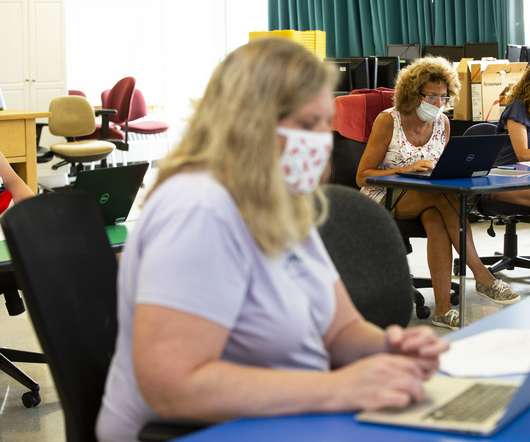PROOF POINTS: The lesson the arts teach
The Hechinger Report
JANUARY 2, 2023
Arts classes were further squeezed out after a 2001 federal law required schools to test children annually. There’s good reason to believe that arts education just improves student engagement. That higher student engagement, however, didn’t translate into better school attendance. Dose of Reality.
























Let's personalize your content